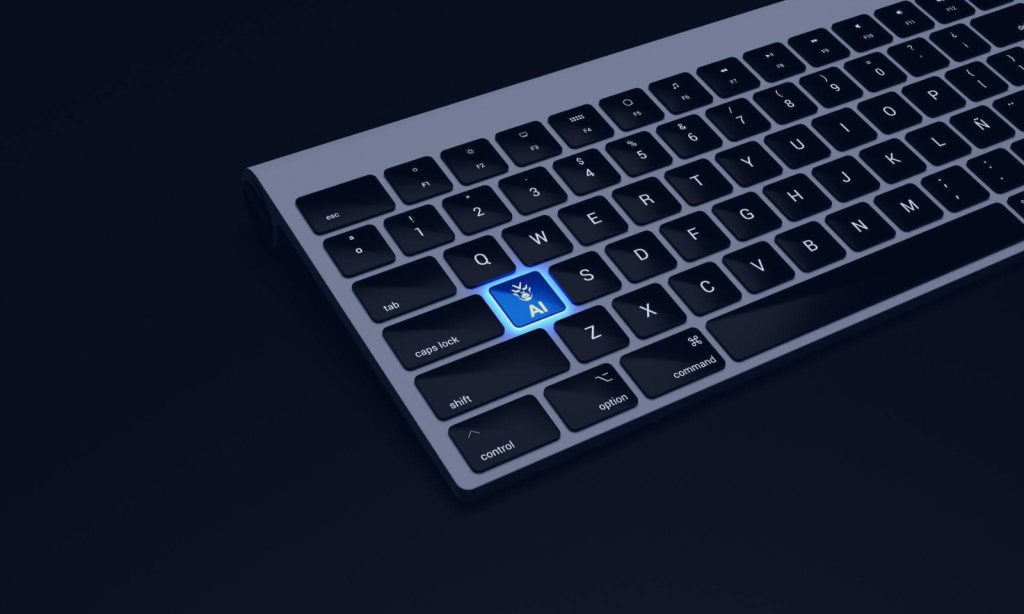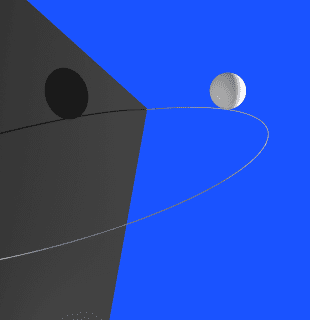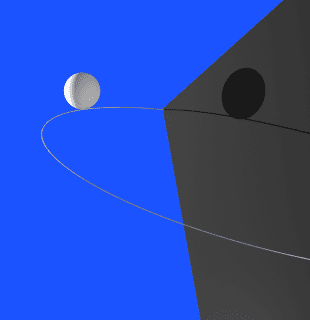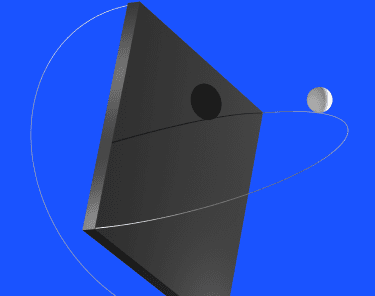
We developed a method to automatically transform video recordings into 3D virtual environments, using Gaussian splatting to create solids and textures.
Meet our client
Client:
Industry:
Market:
Technology:
Client’s Challenge
A car production company needed to create realistic virtual environments for testing self-driving cars using cameras, lidar and geolocation data. The challenge was generating 3D worlds from 2D video recordings, recreating unseen elements like buildings and road features, while also managing GPU resources and scaling the solution.
Our Solution
We developed a method to automatically transform video recordings into 3D virtual environments, using Gaussian splatting to create solids and textures. This minimized GPU usage and avoided outdated photogrammetry techniques. The system fragments the 3D map, optimizing GPU efficiency while maintaining scalability.
Client’s Benefits
The solution enabled quick, automated creation of realistic virtual environments for autonomous driving simulations, reducing manual effort, lowering costs, and accelerating the development process for self-driving cars.





